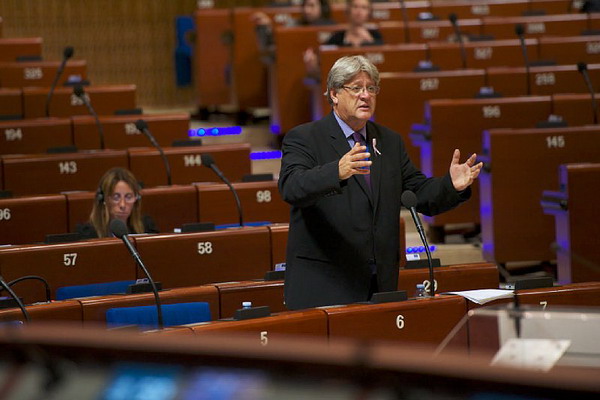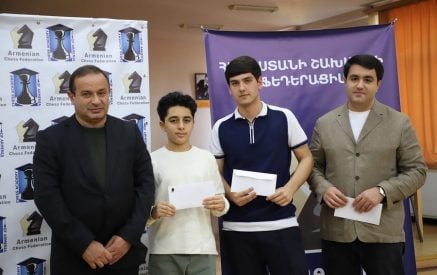Today, in the evening, at the PACE autumn plenary session, the Austrian delegation member, Stefan Snenakh presented the PACE Monitoring Committee the results of studies made in Armenia, Azerbaijan, Georgia, and in about 30 countries for the period of 2013-2014. The report showed that the members of the Monitoring Committee visited Armenia on June 16-18, 2014, which was the first visit after the 2012 and 2013 parliamentary and presidential elections, respectively. In the document, the appointment of the new Prime Minister, Hovik Abrahamyan, was presented as follows: “Serzh Sargsyan wants to establish a new government team to raise the low level of trust by the public to the government.”
There is also a reference to Armenia-EU association processes. Namely, it says, “Armenia and the European Union at the Vilnius meeting announced that both parties are willing to sign the Association Agreement, including the Deep and Comprehensive Free Trade Agreement. However, on September 3, 2013, by unexpected groundbreaking decision, after visiting Moscow, Serzh Sargsyan announced that Armenia is willing to join the Customs Union. Serzh Sargsyan announced that this decision is driven from the security of Armenia. The decision to affiliate to the Customs Union was contentiously adopted by a broad circle of the society in Armenia, who express fear that after joining the Customs Union, regress of political liberties and human rights are expected.”
The report prepared by the Monitoring Committee also refers to Serzh Sargsyan’s initiated constitutional reforms. The document has a separate line for it, “President Serzh Sargsyan announced on May 2014 that he no longer pretends for the office of the prime minister and the president in order to clear the doubts that he had initiated the constitutional reforms for his own political career.” The document also focuses on alternative military service, stating that the amendments made on this are in line with European standards. Note that the observations by the Monitoring Committee about Azerbaijan are fairly mild, it slightly touches upon the arrests of a number of people in Azerbaijan on political motives.
Tatev HARUTYUNYAN























































